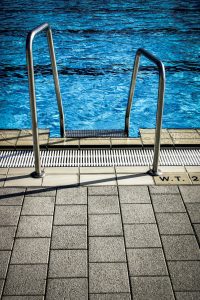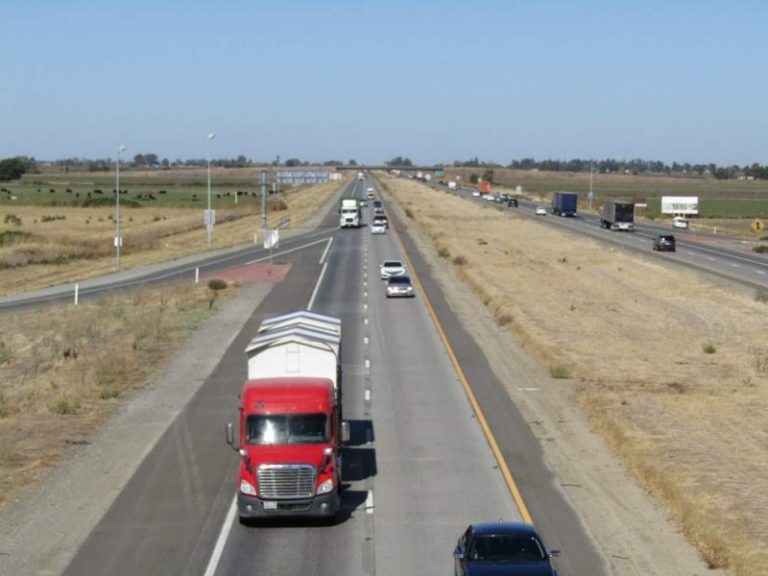The Long Term Effects of Near-Drowning
Drowning is oftentimes mistakenly conflated for a “yes or no” type incident, imagining that you either die drowning or survive, walking away with nothing worse than a potential phobia of water. Despite all the focus that fatal drowning accidents, the life-altering effects of near-drowning can’t be overstated enough, as near-drowning can cause permanent suffering and debilitation for survivors.
What is Near-Drowning?
 Near-drowning simply refers to any drowning incident in which someone doesn’t die immediately due to asphyxiation. Those who suffer near-drowning may die in the hospital at a future date depending on the severity of their injuries and medical complications, or they may live on indefinitely with varying degrees of harm. In some cases, those who survive nearly drowning will get off with little to no physical or mental trauma, whereas others may be crippled for the remainder of their life. In the short term, near-drowning may induce symptoms such as:
Near-drowning simply refers to any drowning incident in which someone doesn’t die immediately due to asphyxiation. Those who suffer near-drowning may die in the hospital at a future date depending on the severity of their injuries and medical complications, or they may live on indefinitely with varying degrees of harm. In some cases, those who survive nearly drowning will get off with little to no physical or mental trauma, whereas others may be crippled for the remainder of their life. In the short term, near-drowning may induce symptoms such as:
- Unconsciousness
- Clammy, bluish skin
- Abdominal swelling and pain
- Coughing and shortness of breath
- Vomiting and dry heaving
Near-drowning is most common among children, who are both most likely to get into a drowning accident and most likely to then be saved from said accident, as they less commonly swim alone. Among adults, who more commonly start to drown in unattended lakes or while drunk, it’s far more common to die, resulting in a standard drowning.
Long Term Consequences of Near-Drowning
When someone survives a near-drowning incident, they may be left with serious injuries and permanent disabilities for a variety of reasons. These lasting effects of near-drowning often include:
- Brain damage caused by prolonged oxygen deprivation, which can cause anything from minor debilitations, lasting disabilities, or a permanent vegetative state.
- Lung damage, which can result in pneumonia, chronic fatigue, acute respiratory distress syndrome, shortness of breath, and/ or pain.
- Chemical/ fluid imbalances, such as altered blood pH, which can go on to cause kidney damage or failure.
Compensation for Near-Drowning in Arizona
Depending on the particulars of your near-drowning case, it’s likely that a property owner, lifeguard, or another such party may be responsible for your injuries and suffering. Near-drowning is an incredibly traumatic experience that can harbor lifelong suffering and debilitation, but you deserve extensive compensation for your pain.
In order to pursue a successful drowning accident claim, you’ll generally need to prove two things: that you were injured as a result of someone else’s negligence, and that your injuries/ damages stemmed directly from the near-drowning incident. This can be achieved through a mixture of medical records, eyewitness statements, terms of use documents, and other such evidence, all of which a lawyer can help you gather.
Give ELG a call today at (623) 321-0566 to talk to an Arizona drowning accident attorney who can help you learn more about premises liability and the unique challenges that drowning can present in a court of law. Medical bills can compound quickly, but we’re familiar with methods by which to prolong your payments, giving you the time necessary to recover and pursue a settlement without constant financial fear.
Law News Feed
All NewsWho Is Liable for Damages After a Truck Accident?
According to information from the National Highway Traffic Safety Association, more than 2,500 truck accidents occur each year in Arizona. It goes without sayin…
Common Injuries After a Motorcycle Accident
Motorcycle accidents kill or severely injure individuals more frequently than any other type of crash, resulting in immense amounts of suffering and financial d…

